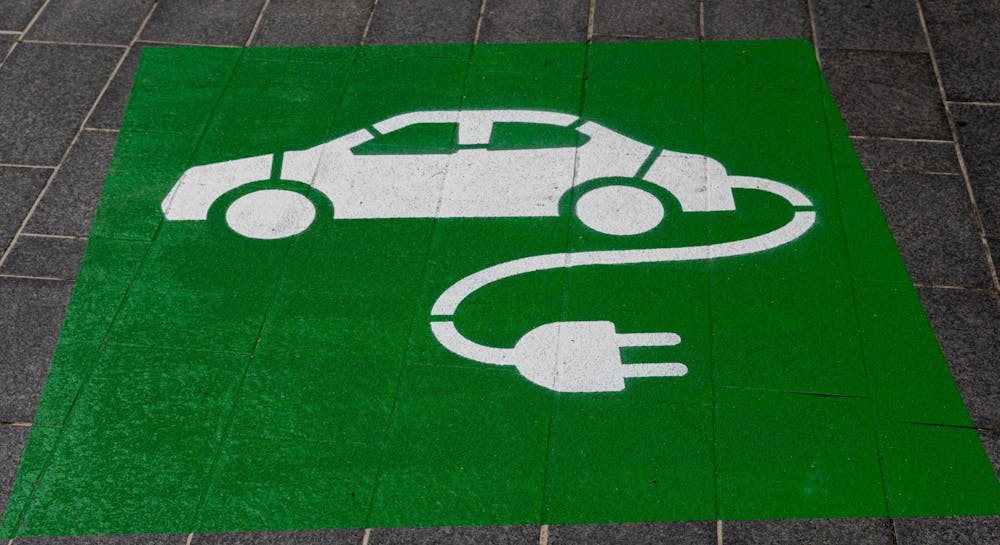Being environmentally friendly not only helps the planet but also your wallet. It can help you cut down on your electricity bills when you unplug appliances that are not in use. Here are six tips on how to be more eco-friendly in your day-to-day life.
1. Conserve water
Although our planet’s surface is 71 percent water, a shortage of water is a likely result from the amount of water wasted by humans every day. According to DropConnect, a water management system that connects the water-related products in people’s homes, water is not the only resource wasted when we leave the sink on while brushing our teeth. For water to get to our tap, it has to go through an energy-intensive process of extraction, purification and transportation. This process is made possible by burning fossil fuels, which means wasting water affects each of our carbon footprints and overall air quality. Try to take shorter showers and remember to turn the water off when you are not brushing your teeth.
2. Promotional items
College clubs and organizations often hand out flyers and free merchandise to recruit new members, such as when Ball State students give out papers and promotional items at the Scramble Light to fellow students on their way to class. However, these free items can end up cluttering students' rooms in their dorms and homes because they don't have a use for them. Too much trash can often lead to items being misplaced or not properly disposed of. According to earthday.org, 40 percent of the world’s trash is burned in large, open piles which release methane gas. Open landfills represent 90 percent of methane gas emissions that emit dangerous carbon dioxide levels, a greenhouse gas that is heating up our planet. Avoid accepting items that you will most likely not use, such as a flyer for a group you know you're not interested in, a sticker you know you won't want to display or a foam finger.
3. Changing temperatures on your thermostat
From rain and strong wind one day to sunny skies the next, Indiana weather can be very inconsistent. It may be tempting to change the temperature on your thermostat whenever it is hot or cold. Keep your thermostat at a consistent temperature. Then, throw on an extra sweater when your home is too cold or remove some layers when it’s too hot. According to energy.gov, you can easily save energy in the winter by setting your thermostat to 68 degrees or lower.
4. Bring your own bag when you buy groceries
Plastic is still one of the more common materials found in the ocean that is harmful to many mammals. According to FlashFood, an app allowing grocery shoppers to browse through food items approaching their best before date, depending on the environment, it can take up to 1,000 years or more for one plastic bag to completely break down. The next time you take a trip to Walmart, try bringing your own reusable bags instead of using the plastic bags at checkout. Students can purchase reusable bags at Walmart and Meijer for less than $2.
5. Adopt a minimalist lifestyle
While it’s always nice having new clothes to wear when school starts or updating our closets with the latest trends, spending money on clothes can really wear out our wallets. Try only buying things when you really need them. If you’re in desperate need of a new outfit for a party or event, ask your friends if you can borrow something from their closets, or consider thrifting what you need at a resale store. Instead of buying takeout, try cooking something new at home and be sure to not let groceries go to waste.
6. Go thrift shopping
Thrifting is a much cheaper option when it comes to buying furniture for your apartment. Oftentimes, people put their unwanted items in the front of their houses, so take a drive with your friends to see if you can find any furniture in front along the curbs of streets around your neighborhood or in alleyways. Still in need of new clothes? Try visiting local thrift stores like Attic Window on Memorial Drive or St. Vincent De Paul Thrift Store on Charles Street.





